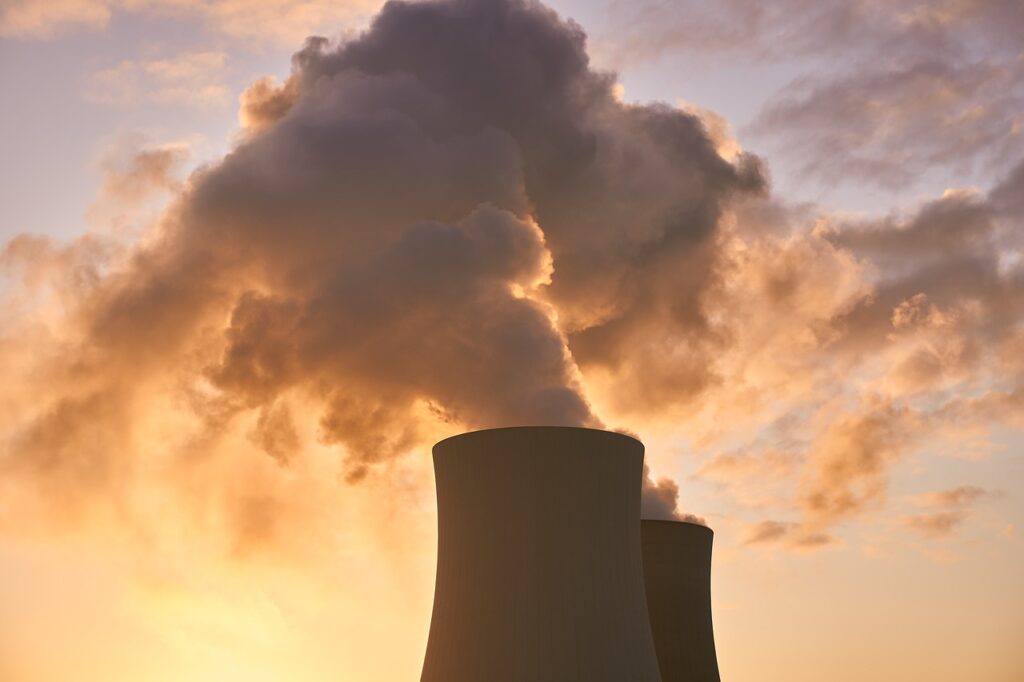South Korea has unveiled an ambitious strategy to bolster its nuclear energy capacity, targeting the construction of two new nuclear reactors and a small modular reactor (SMR) by the year 2038.
This decision is part of a broader governmental effort to enhance energy security while reducing carbon emissions, as the nation grapples with the dual challenges of energy dependence and environmental sustainability.
The South Korean government, which currently operates 24 nuclear reactors providing approximately 29% of the country’s electricity, aims to expand this share to 30% by the mid-2030s. According to the Ministry of Trade, Industry, and Energy, the push for additional nuclear capacity underscores a commitment to diversify energy sources amidst mounting energy import costs and volatile global energy prices.
Yet, despite this clear policy direction, the nuclear expansion plan is not without its controversies. Critics within environmental sectors argue that the focus should be placed on scaling up renewable energy investments instead. Given that nuclear energy in South Korea remains a significant source of public debate, it is imperative to consider the environmental and socio-political challenges that accompany such plans.
Integrating small modular reactors into the national grid presents an innovative approach to nuclear deployment. SMRs, known for enhanced safety features and flexibility in siting, offer potential advantages over traditional large-scale reactors. However, the development and deployment of SMRs still face considerable technical and regulatory hurdles, as well as the need for substantial financial investment.
Energy policy experts suggest that aligning with global trends towards decarbonization requires a balanced energy mix strategy, combining nuclear energy with renewable resources. The potential of nuclear energy to provide stable baseload power complements intermittent sources like wind and solar, but the technological integration requires careful regulatory frameworks to ensure operational safety and environmental protection.
Economic data further emphasizes the necessity of expanding nuclear capabilities. South Korea’s energy import bill reached record highs due to recent geopolitical tensions affecting global supply chains, underscoring the importance of energy independence. The economic implications of investing in nuclear infrastructure could strengthen South Korea’s position as a leader in nuclear technology exports, especially if the country successfully develops and commercializes SMR technology.
Stay updated on the latest in energy! Follow us on LinkedIn, Facebook, and X for real-time news and insights. Don’t miss out on exclusive interviews and webinars—subscribe to our YouTube channel today! Join our community and be part of the conversation shaping the future of energy.
